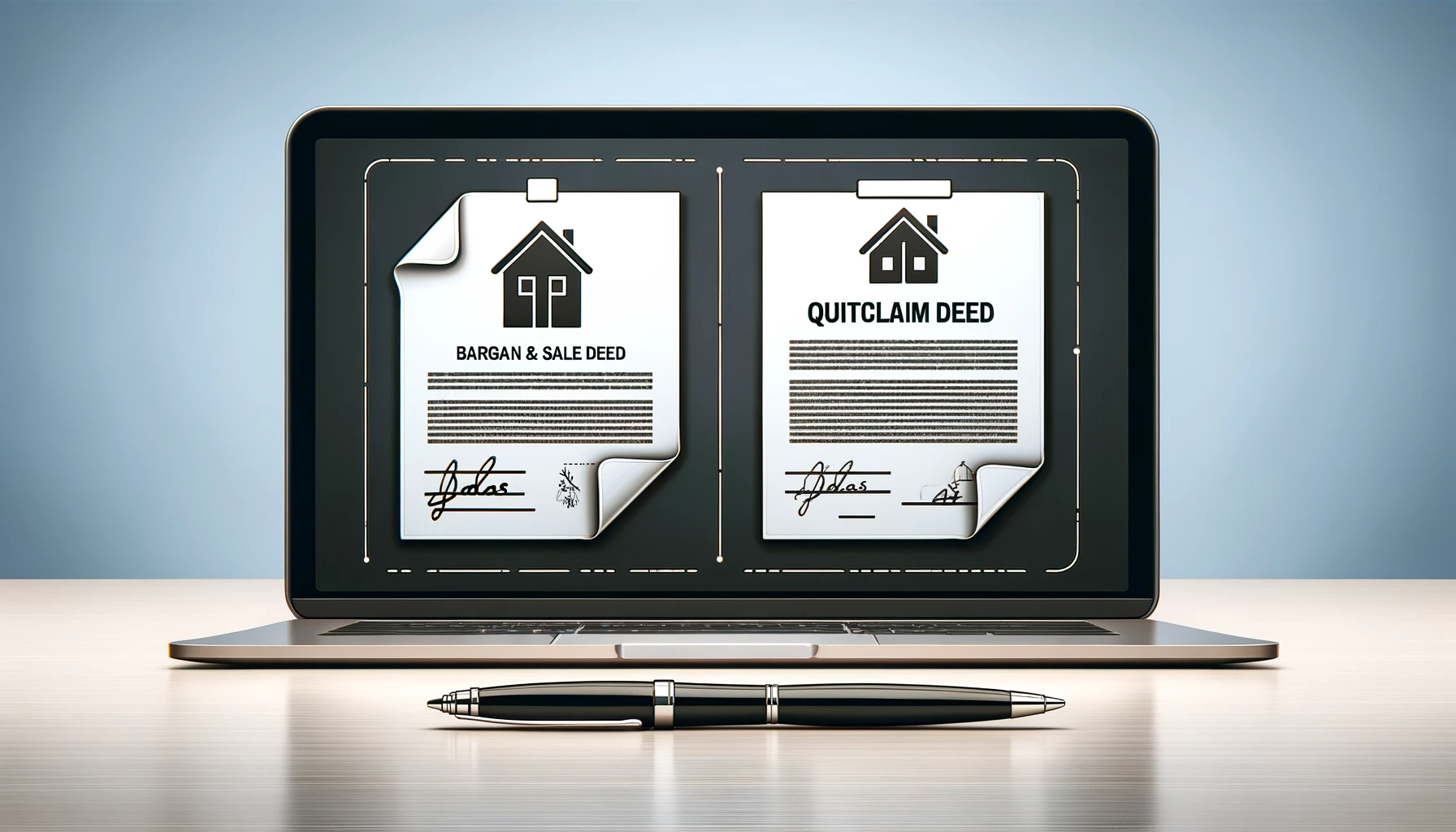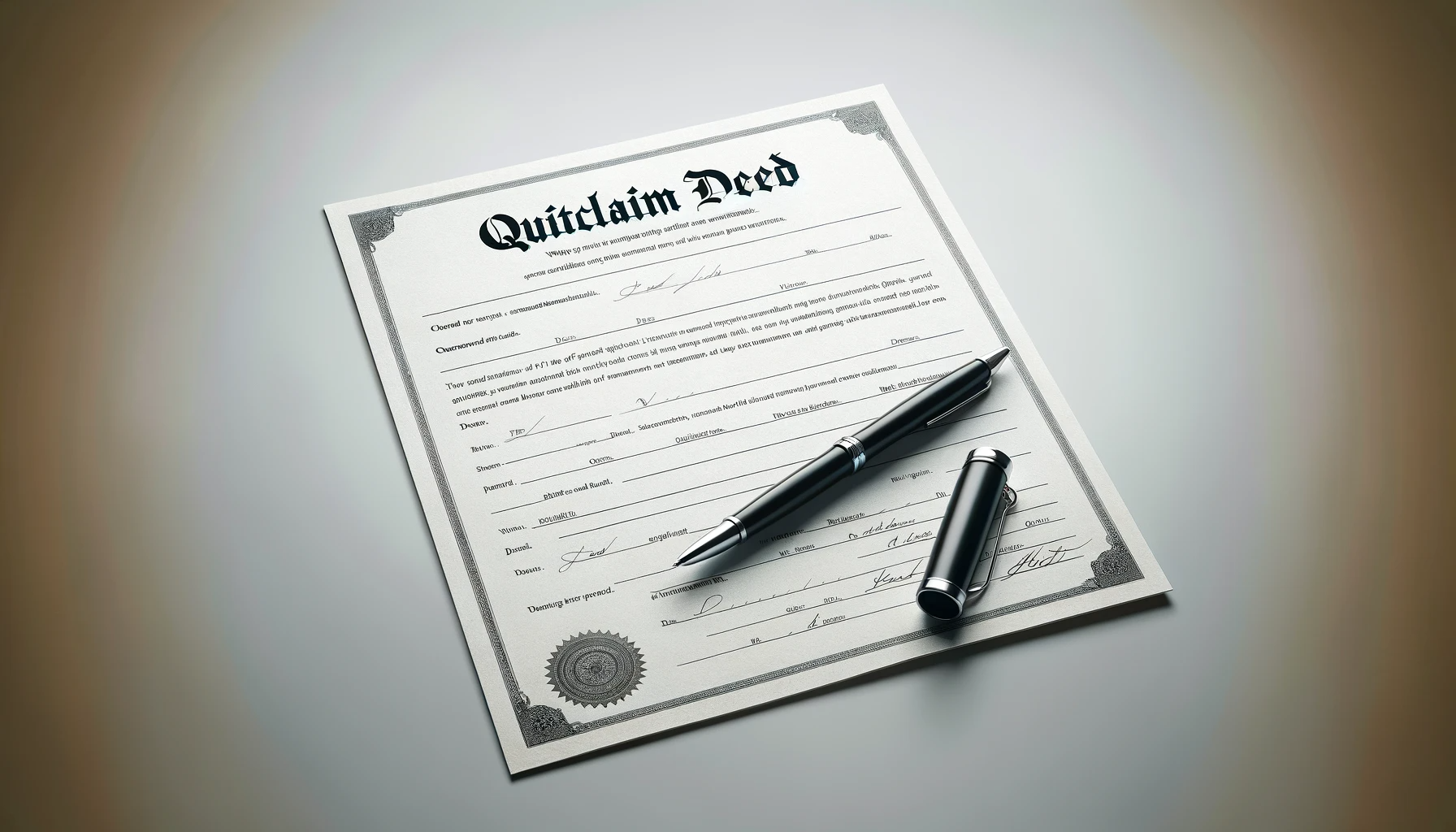Tag: Property Transfer
-

Transferring Property to Family: What to Know About Gift Deeds
A gift deed signifies a voluntarily title transfer from a “grantor” (the giver) to a “grantee” (recipient). Recipients are often loved ones or charities. A home’s transfer through a gift deed happens without consideration — meaning no money or thing of value is given in return. The deed states that the title is conveyed for…
-

Can My Name Be Added to a Deed Without My Consent?
As a general matter, no. A deed transfer is not valid unless it’s delivered and accepted. A deed holder who is leaving a home to a beneficiary needs to talk with that beneficiary, and other loved ones. They should know what to expect for the deeds’ future. They should understand the reason the home is…
-

Florida’s Highlands County Introduces New Ordinance for Real Estate Transactions with Roadway Verification Requirement
In a recent update from the Highlands County Board of County Commissioners, a new ordinance (No. 22-23-23) has been established that directly impacts real estate transactions within Highlands County, Florida. This article aims to provide an informative overview of this ordinance, its requirements, and its implications for property transfers in the area.
-
I Deeded My Property to Someone Else. Can I Revoke My Gift?
Giver’s regret isn’t unusual. A desire to void the gift of a home after transferring the deed could happen for various reasons. Perhaps you recovered from a serious illness and could really use that home after all. Or maybe your tax expert told you that letting someone wait to inherit your home would be better…
-

Can I Quitclaim My House Into a Living Trust?
We’re glad you asked. You might have heard that a living trust can… All of the above are reasons many people use this method of passing their property along after they die. And a home is a typical piece of property that people put into a living trust. Importantly, a living trust is a…
-

Marriage and the Quitclaim Deed
When is a quitclaim a good way to transfer a whole or partial interest in a home? In a simple transaction among familiar parties. Especially where no money changes hands. No wonder quitclaim deeds are often used between spouses. Here, we take a look at a variety of ways quitclaims can convey property between partners…
-

Using a Quitclaim Deed: Top 5 Reasons
Are you considering using a quitclaim deed? It’s a fast, simple, and reasonable way to transfer home ownership. It’s a good choice in certain situations. What are those certain situations? In contrast to warranty deeds, which are most often used in regular home sales, a quitclaim would more likely be used: Quitclaiming is a simple,…
-

Is a Quitclaim Deed Subject to Tax?
Quitclaims are sometimes used to transfer property interests from one family member to another, or between divorcing spouses. Parents might wonder if they should use quitclaims to pass property to children to avoid the probate process. It’s easy enough to do. The homeowner signs the document with a notary, takes it to the county recorder…
-

Defending a Quitclaim Deed
The quitclaim is famous for being the simplest way to give up an interest in real estate. Unlike a warranty deed, the quitclaim grants whatever interest a person has to the other person, but offers no assurances that the title is clear. Once a quitclaim is signed and recorded, can the deed be challenged in…
-

Don’t Quit Your Claim! A Quitclaim Deed Is Not a Mortgage Saving or Estate Planning Tool
A quitclaim deed conveys—”quits”—a person’s interest in a property to someone else. Quitclaims prove useful in certain transfers of properties among family members or between divorcing spouses. The quitclaim allows separating partners to follow a court’s direction and leave one party as sole owner of the marital home. Quitclaims might seem convenient in other circumstances, but…














